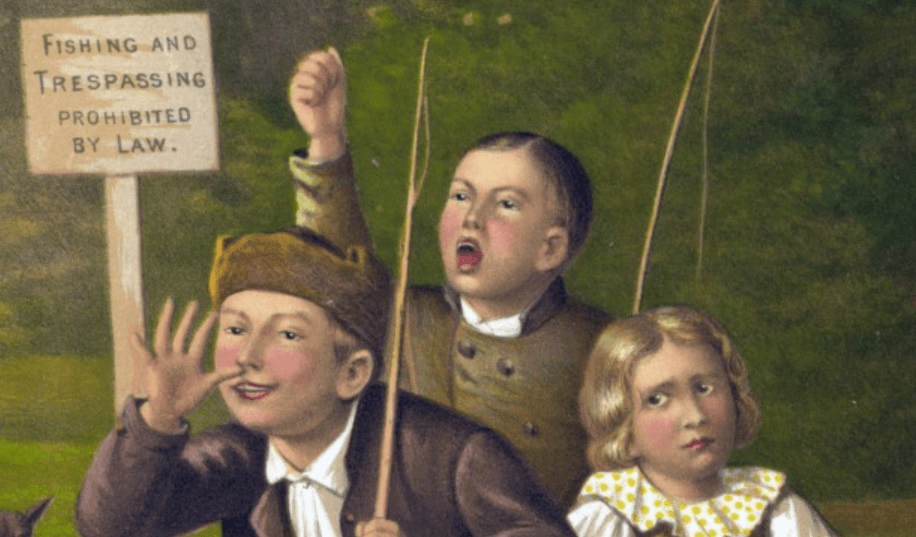PKs and TKs: Dangers Of Professional Courtesy

Having attended hundreds of parent-teacher conferences over the years, I feel safe in saying that the parents of the happiest and most productive students generally open the conversation with a question like, “So, what do we need to know? What are we doing wrong?” Parents of troubled students (students who give great concern to their teachers) are far more apt to open conversations with, “You have probably noticed my daughter is very special.”
For my own part, as a parent, I have tried to imitate the parents of happy, productive students. When I am given a questionnaire about my own children (the kind you return on the second day of the school year) and I am asked what they are good at, or what their gifts are, I leave the answers blank. I have my own thoughts about my kids, but Solomon teaches, “Let another praise you, and not your own mouth,” and I cannot separate my own ego from the successes of my children.
I praise my kids when they do good work, and I thank them when they are virtuous. Nonetheless, I have confidence that my children’s teachers will identify their talents. If my children are genuinely talented or virtuous, the people who spend many hours a day around them will recognize it and tell me. I don’t mind discussing the faults of my children, though, lest their teachers be intimidated to offer genuinely painful critiques. All the proverbs about PKs are only slightly less true of TKs. The cobbler’s children have no shoes, as the saying goes, and when the cobbler is a teacher of virtue, it is not feet but souls which are on the line. Every teacher should be careful that professional courtesy among his coworkers not create an atmosphere of slack, lenience, and winking when it comes to assessing the character of his own children. It is far more difficult to tell someone, “Your son is quite cruel, and he is also a slacker,” when you have to see that someone five times a day in the breakroom than it is to say the same thing to someone who shows up on campus twice a year for thirty minutes.
Very little is capable of destroying the ethos of a teacher quite like the common knowledge that his own children are petty, disrespectful, and bored. I don’t let my girls listen to Katy Perry for the simple reason that I commonly cite Perry, both in this column and during class lectures, as an avatar of banality and mediocrity. Wisdom is vindicated by her children, which means my own daughters are the point at which my claims are put to their surest test. My own life is also up for critique, and to be frank, the fact that I really like shopping malls, nihilist architecture, and have seen every episode The Office fifty times ought to hurt my credibility a little. Were a student to come to me after graduation and say, “I want to be a teacher like you someday, but without all the ignorant stuff you do which is incompatible with classicism,” I would weep tears of joy.
“The tradition survives,” I would whisper.

Joshua Gibbs
Joshua Gibbs teaches online classes at GibbsClassical.com. He is the author of How To Be Unlucky, Something They Will Not Forget, and Blasphemers. His wife is generous and his children are funny.










